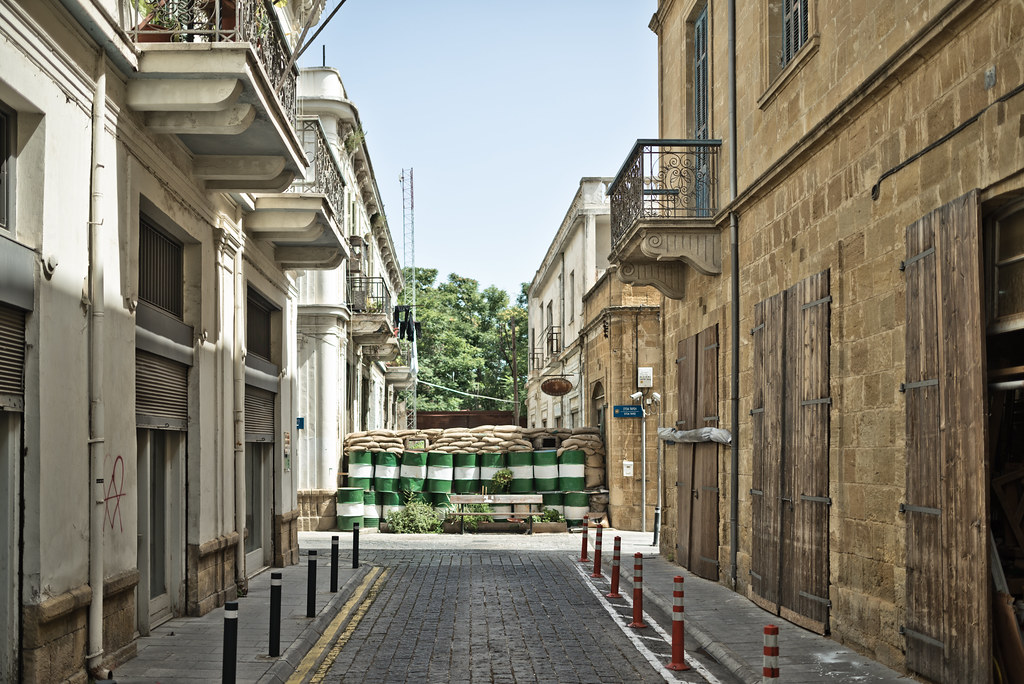Opposition lawmakers on Thursday expressed disappointment at the latest version of a bill governing the state’s handling of pandemics, saying it still failed to address concerns over curtailing human rights as well as the checks and balances on the government.
The government has tabled an amended version – the fourth so far – of the ‘Dangerous Infectious Diseases Law of 2021’ – but main opposition Akel said it does not reflect what was agreed verbally between MPs and Health Minister Michalis Hadjipantelas at the previous session of the House health committee.
Akel MP George Loukaides told reporters that despite some welcome tweaks to the bill, certain core issues – such as how the state will suspend human rights after it calls a medical emergency – are not spelled out.
“The need for the suspension of human rights to get parliamentary approval, the need for the continuation of suspension of human rights to likewise get parliamentary approval within regular deadlines,“ explained Loukaides.
“These matters have not found their place in the text put before us,” he added.
According to the MP, under the constitution, even where the state declares a national emergency – such as in the event of war – the state needs the nod from the legislature. Plus, the renewal of the emergency must secure parliamentary approval every three months.
These checks and balances are absent from the current legislation on how to handle pandemics.
Still, Loukaides said he hoped the government would address these points and come back with a better version.
Savvia Orfanidou, an MP with ruling Disy and chair of the House health committee, said the majority of parties want the government to require parliamentary assent before issuing decrees relating to the management of a dangerous infectious disease.
What opposition legislators want is for the government to come to parliament before issuing any decree, and to again seek parliamentary approval when a decree is renewed or extended.
How exactly this would be done – perhaps via a vote in parliament – is what is being debated.
However, Orfanidou said, this should be balanced against the state’s need to take swift action to protect public health.
Asked who will decide when a pandemic is declared in Cyprus, the MP said “obviously it depends what is happening globally, but the decision will be taken by the cabinet.”
Meantime while the committee was in session, a group of people outside protested against the ongoing restrictions to combat the spread of Covid-19.
The demonstrators called for a referendum on the anti-Covid measures. They also pointed out that the restrictions here continue to be severe whereas other countries are easing up.






Click here to change your cookie preferences